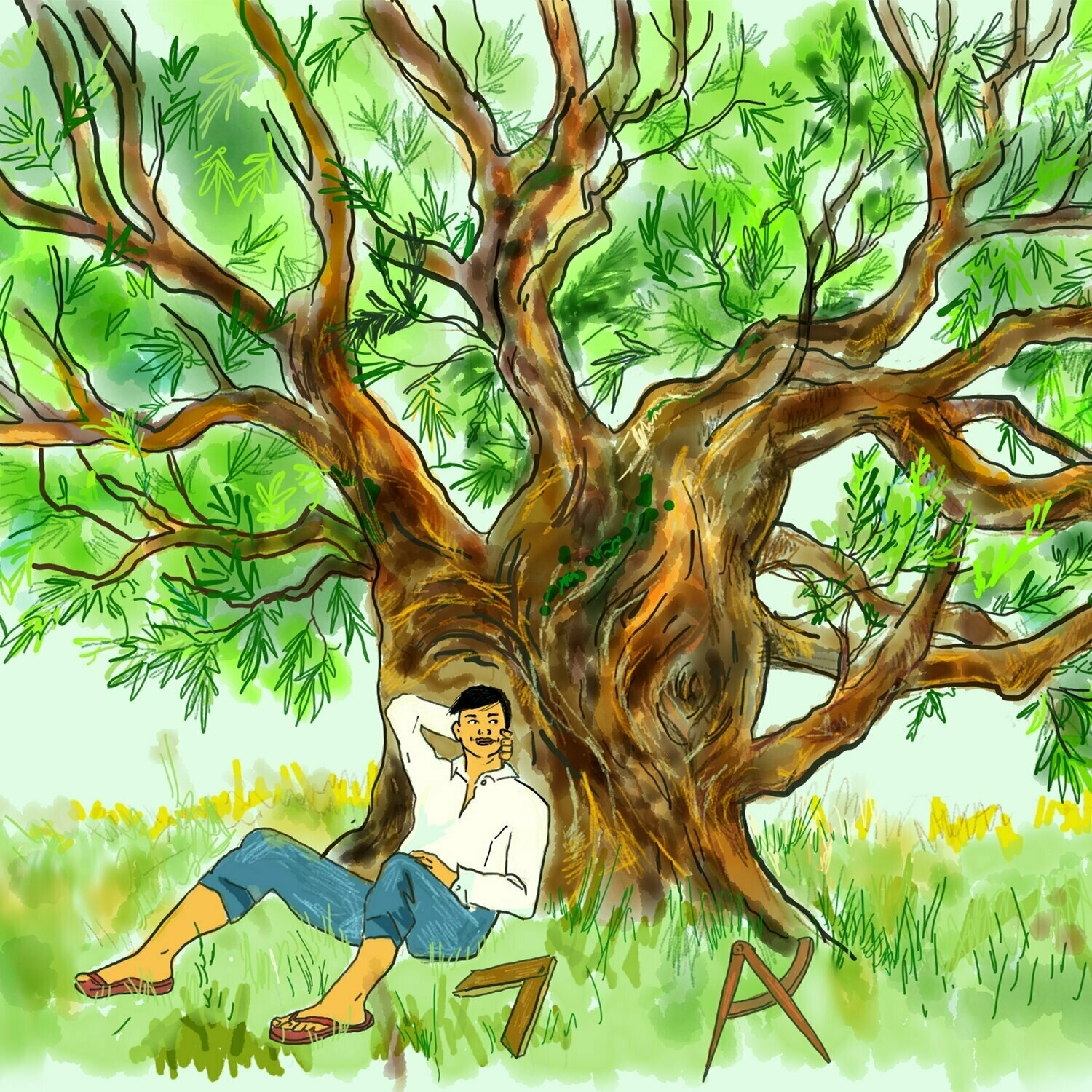How to be useless
I love articles that give us a different lens for looking at the world, and this one certainly does that. It also provides links for further reading, which I very much appreciate.
Zhuangzi argued that we can reclaim our lives, and be happier and more fulfilled, if we become more useless. In this, he went against many influential thinkers of his time, such as the Mohists. These followers of Master Mo (c470-391 BCE) prized efficiency and welfare above all. They insisted on cutting away all ‘useless’ parts of life – art, luxury, ritual, culture, leisure, even the expression of emotions – and instead focused on ensuring that people across the social classes receive essential material resources. The Mohists viewed many practices common at the time as immorally wasteful. Rather than a funeral rich with rituals following tradition, such as burial within three layers of coffins and a years-long mourning period, Mohists recommended simply digging a pit deep enough so the body doesn’t smell. You were permitted to cry on your way to and from the burial site, but then you needed to return to work and life.Source: How to be useless | Psyche GuidesAlthough the Mohists wrote more than 2,000 years ago, their ideas sound familiar to modern ears. We frequently hear how we should avoid supposedly useless things, such as pursuing the arts, or a humanities education (see the all-too-frequent slashing of liberal arts budgets at universities). Or it’s often said that we should allow for these things only insofar as they benefit the economy or human welfare. You might have felt this discomfort in your own life: the pressure from the meritocracy to serve some purpose, have some benefit, maximise some utility – that everything you do should be, in some sense, useful.
However, as we will show here, Zhuangzi offers an essential antidote to this pernicious means-ends way of thinking. He demonstrates that you can improve your life if you let go of the anxiety of wanting to serve a purpose. To be sure, Zhuangzi doesn’t altogether spurn usefulness. Rather, he argues that usefulness itself should not be life’s bottom line.
